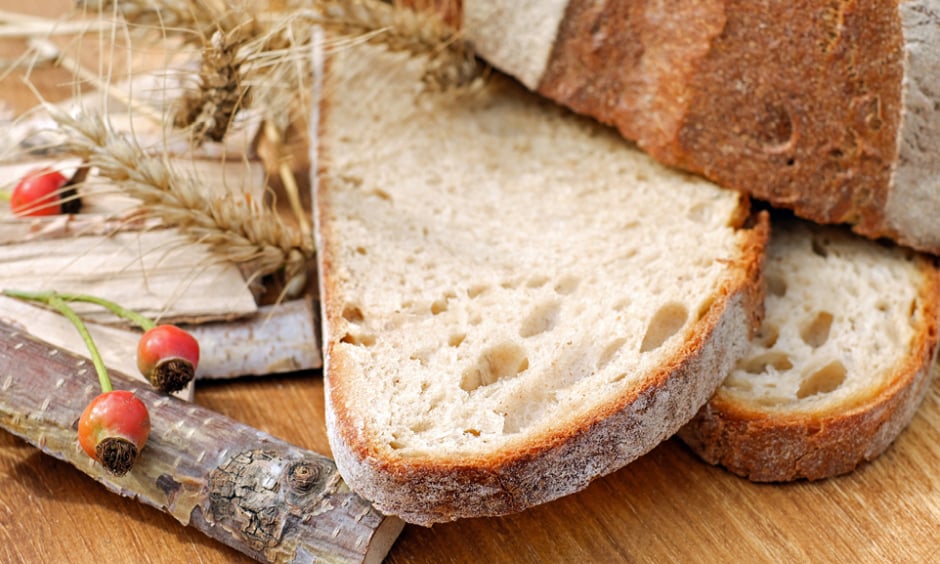A CARBOHYDRATE-RESTRICTED diet has long been championed as an effective weight loss tool, but new research from the KTH Royal Institute of Technology, Stockholm, Sweden suggests that these diet-plans may also be beneficial in non-alcoholic fatty liver disease (NAFLD) patients. NAFLD is a common condition, affecting 30–40% of adults in the USA, and has been identified in between 30 and 90% of obese individuals. Reduced fat intake is often recommended as a treatment for the NAFLD, but this new research suggests that reduced carbohydrate intake could be an effective disease management strategy.
To test the metabolic effects of a low-carbohydrate diet on patients with liver disease, researchers placed 10 obese adults with NAFLD on an isocaloric, carbohydrate-restricted, protein-enhanced diet for 2 weeks. The effect of the diet on liver fat and other metabolic responses was then measured, with results demonstrating a “dramatic reduction” in liver fat and improved liver fat metabolism. A decrease in inflammatory markers, especially interleukin-6 and tumour necrosis factor alpha, both of which have been associated with increased NAFLD severity when occurring in high levels, was also recorded.
The diet also led to changes in the gut microbiota and was associated with an increase in circulating levels of folate; such an increase has previously been associated with improvements in liver fat metabolism. “[…] we showed that short-term intervention with an isocaloric low-carbohydrate diet with increased protein content promotes multiple metabolic benefits in obese humans with NAFLD,” explained the researchers.
This study was limited by its small cohort size, and the researchers commented that there is no one-size-fits-all approach when it comes to dietary control of NAFLD. Nonetheless, they hope that their results demonstrate the broad-scale benefits of a low-carbohydrate diet for patients with liver disease and inspire further study into this fascinating topic.








